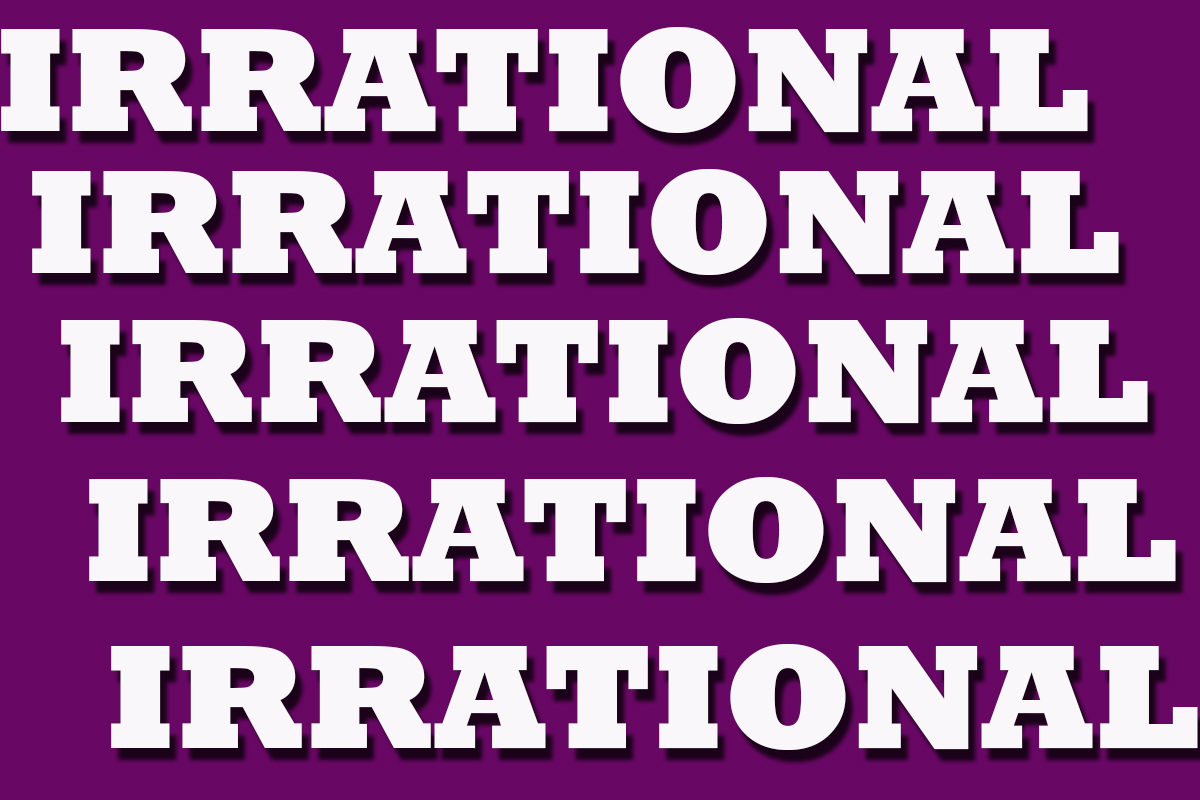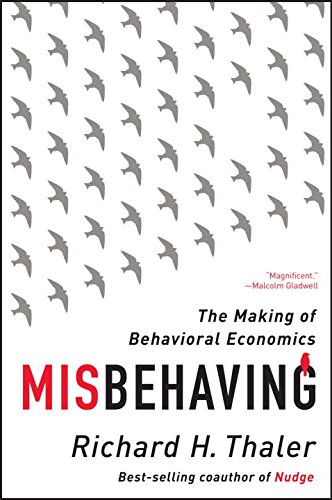
What are you: Human or economist (Econ)? Are you rational or irrational? Despite the sacred tenement of economics and, indeed, much of social science, humans are irrational creatures. Not too long ago, trying to understand economics through a psychological lens was a crazy idea. Now, it seems more pragmatic than ever. Richard Thaler, the author of Misbehaving, was a pioneer in the field of behavioral economics, and he was influenced by Daniel Kahneman and Amos Tversky, with whom he worked closely. (Kahneman is well-known for Thinking, Fast and Slow. Additionally, Michael Lewis’ new book, The Undoing Project, is about Kahneman and Tversky and has been receiving a lot of positive press. I have yet to read either.) I highly recommend this book. Thaler’s writing is educational, interesting, and often humorous.
What’s Rational?
One of the fascinating anecdotes delivered by Thaler is about cashews. Imagine being over at a friend’s house for dinner and they have cashews for snacking. I love cashews, so I would eat them. But what happens if I eat too many? Well, of course, I would be too full to enjoy dinner. (This has happened on more than one occasion at my Nana’s. She has the best snacks and the best dinner.) Thaler knew his guests’ appetites were in danger, so he removed the cashews and hid them. “Everyone was happy,” he writes. According to economists, more options are always better. If someone eats cashews knowing it might endanger their appetite, it means they prefer cashews to dinner. But humans are weird. In the long term, we prefer to eat dinner – but look at those cashews! We are present-biased and irrational. This is one of many humorous and relatable anecdotes.
Insights
The most interesting topic was how we perceive losses and gains. Losses hurt twice as much as gains feel good. This knowledge has enormous implications for businesses, policy makers, educators, and many others. If a consumer feels that a business is ripping them off, they may feel a “loss” associated with a purchase. Consumers won’t pay much attention to the gain of a worthwhile and fair transaction (a “good deal”), but they will feel a tinge of pain when the transaction feels unfair. In a world of rational Econs, fairness does not matter. For legislators trying to encourage entrepreneurship, rather than cutting taxes on successful entrepreneurs (increasing the small, pleasurable feelings of a “gain”), they should attempt to make losses hurt less.
I’m a human, but it can’t hurt to be a little more like an economist. To my economics friends: pull yourself out of the abyss of hyperrationality and start to factor humans into your assessments. Behavioral economics is transforming your discipline more and more, and that is certainly a good thing.
Get your copy of Misbehaving: The Making of Behavioral Economics today
